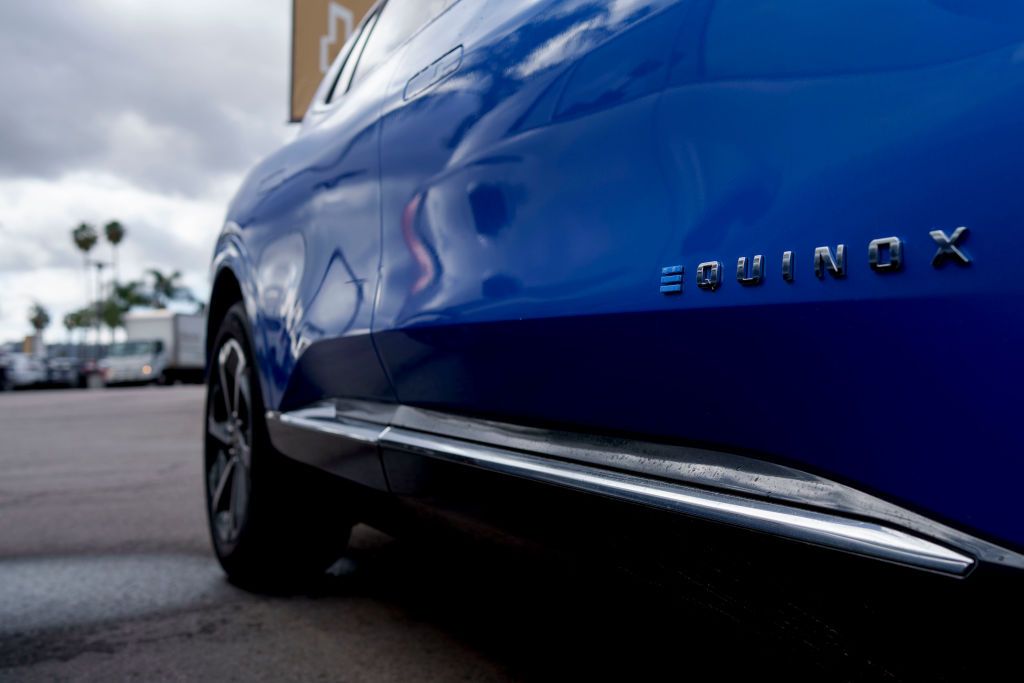GM Avoiding Price Hikes Despite Tariff Impact, CFO Reveals

General Motors and the Impact of Tariffs on the Automotive Industry
General Motors (GM) recently reported that tariffs have cost the company $1.1 billion in its second-quarter results. Despite this significant financial burden, the automaker has made it clear that it will not pass these costs on to consumers by raising car prices. This decision is likely to be a relief for potential buyers looking to purchase a new vehicle.
During an appearance on CNBC's Squawk Box, GM's Chief Financial Officer, Paul Jacobson, highlighted the company's approach to pricing. "When you look at the first quarter, pricing was up; second quarter, pricing was essentially flat. But we've banked some of those gains, and that's part of our 30% offset that we've talked about," he explained. Jacobson emphasized that while there may not be specific price increases tied to tariffs, maintaining pricing stability remains a priority for the company as it manages its inventory and drives cash flow.
The tariffs in question were introduced by former President Donald Trump, who implemented a 25% tax on all imported cars and auto parts. Vehicles assembled in the U.S. are eligible for partial tariff rebates, which has created a complex landscape for automakers like GM. The tariff came into effect in late spring, adding another layer of complexity to the industry.
Despite having manufacturing sites across the U.S., GM also operates globally. To mitigate the long-term effects of these tariffs, the company announced a $4 billion investment in U.S. manufacturing plants in June. This investment is aimed at producing gas-powered models such as the Chevrolet Blazer and Equinox, which are currently manufactured in Mexico. This move signals GM's commitment to strengthening its domestic production capabilities.
Looking ahead, GM plans to invest between $10 billion and $12 billion annually through 2027. A key focus of this investment is boosting U.S. production in critical states such as Michigan, Kansas, and Tennessee. These efforts are part of a broader strategy to enhance operational efficiency and reinforce the company's manufacturing presence in the country.
On Squawk Box, Jacobson reiterated the importance of consistent pricing as a core component of GM's strategy. He noted that while competitors have offered heavy incentives in recent years, GM has maintained pricing consistency. "We think that's important for our customers to make sure that they can count on us, but also to make sure that we're watching and monitoring residual values, because our customers do hold on to these vehicles and want to make sure that they maintain their value."
Although car prices have not yet increased due to the tariffs, there are signs that discounts are becoming less generous. According to Jim Patterson, managing editor of WHY NOTLetter, he expects sticker prices to eventually rise by 4%-8%. Another concern for car shoppers is the potential scarcity of cheaper models, particularly those in the $30,000 range, which are often imported and have lower profit margins. The battery-powered Chevrolet Equinox, which falls within this price range, has been one of the top-selling electric vehicles in the U.S. year-to-date.
Additionally, there has been a surge in demand for electric vehicles (EVs) due to the expiration of EV tax credits. These credits are set to expire on September 30 of this year, prompting many consumers to consider purchasing an EV, hybrid, or gas-powered vehicle sooner rather than later.
As the automotive industry navigates these challenges, consumers are advised to stay informed and consider their options carefully. With tariffs, changing incentives, and evolving market dynamics, the landscape for car buyers is continuously shifting.
Post a Comment for "GM Avoiding Price Hikes Despite Tariff Impact, CFO Reveals"
Post a Comment